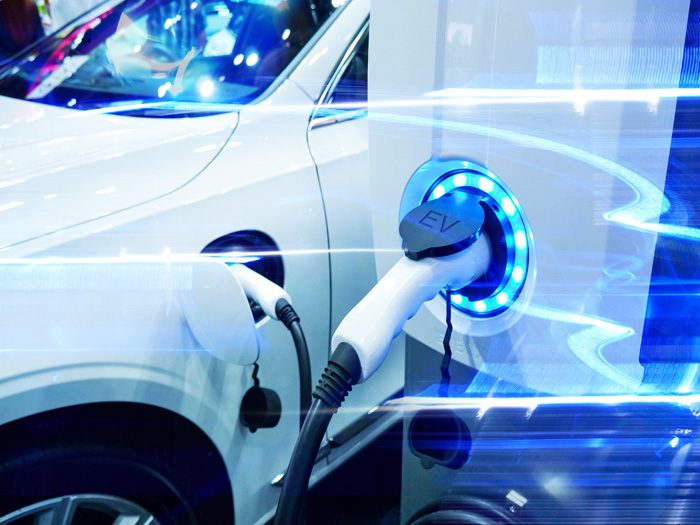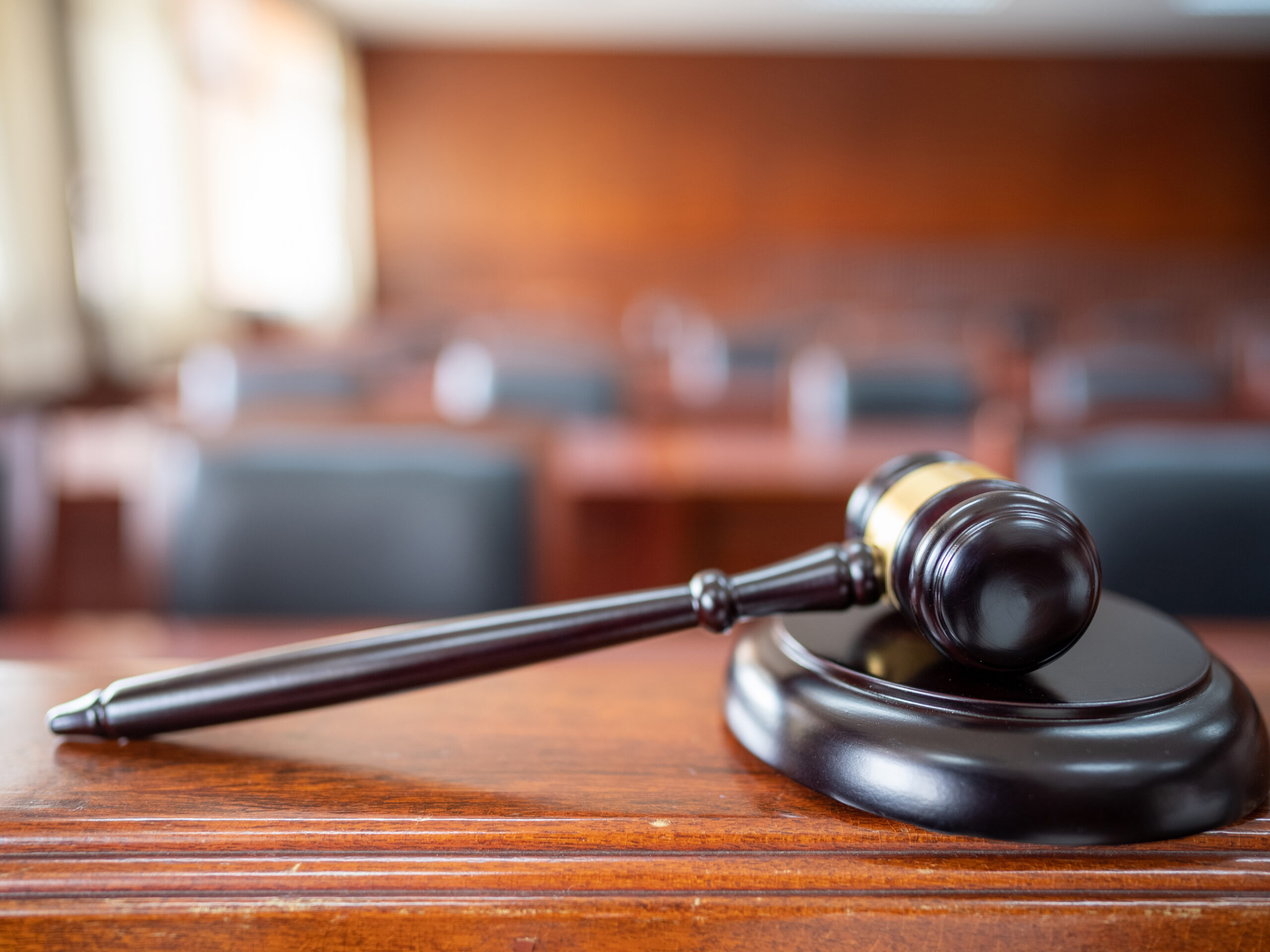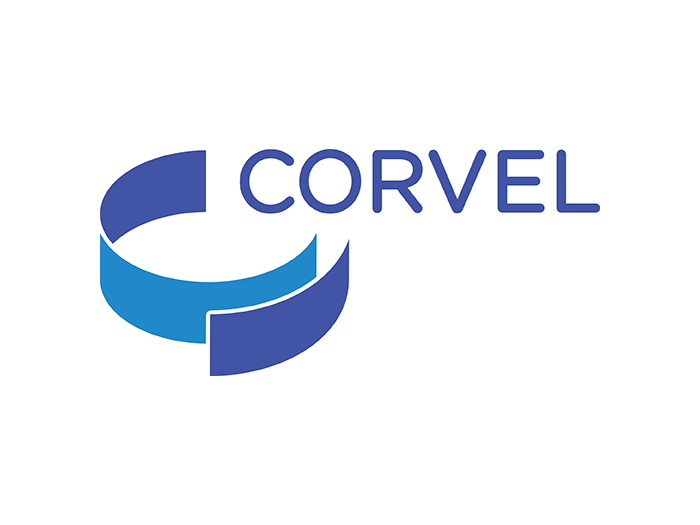First Cars, Then Rockets. Now Insurance? Auto Coverage Gets Tesla’d

As Tesla defines its own global market of innovation, it’s also merging lanes into an already well-established sector: Insurance.
The company announced in a press release on its website that it will now offer car insurance.
More specifically, “a competitively priced insurance offering designed to provide Tesla owners with up to 20% lower rates, and in some cases as much as 30%. Tesla Insurance offers comprehensive coverage and claims management to support our customers in California, and it will expand to additional U.S. states in the future.”
The policy has been dubbed Tesla Insurance.
The move comes at a challenging time for auto insurers.
The automotive insurance sector, particularly commercial auto, is one of the most problematic sectors in the insurance industry, due to drivers’ exposure to countless risks while on-the-go.
The struggles of the sector become evident in the rising costs of car insurance. Even drivers with squeaky clean records are having their premiums raised, and insurers aren’t just doing it for the sake of charging more.
Think about it: you don’t take the gamble of merging your business into four lanes of rush hour traffic twice a day, five times a week.
My parked house wasn’t what a distracted driver side-swiped last month, resulting in a $3000 insurance claim for me and a totaled car for him.
In the last few years, the margin of risk for drivers has increased, resulting in more claims and less profits for insurers. Possible risks include distracted drivers, extreme weather and theft.
By The Numbers
According to a Fitch Ratings report, commercial auto insurers have raised prices over thirty-one consecutive quarters. However, they are still struggling with losses, which suggests that new risk selection strategies are in store for the industry.
On-demand transportation, ride sharing and auto-pilot features are also shaping the sector. Research by KPMG shows that autonomous vehicle technology will shift liability to manufacturers and not the vehicle owners, which will diminish a need for personal insurance policies. The report predicts a shrink of the auto insurance sector of 70% or $137 billion by 2050.
Finally, distracted driving and cell phone use has caused a sky-rocket in fatal accidents and more expensive claims. An increase in accidents also causes an increased caused in medical care and for victims. 2016 was the deadliest year for drivers since 2007, and drivers experienced a 5% increase in premiums in the first nine months of the year.
Distracted driving kills an average of 3,000 drivers per year, as reported by the National Highway Traffic Safety Administration.
Further Reading
Heightening the sector’s struggle for profit, Risk and Insurance®’s Courtney DuChene outlined the seven most critical risks facing the automotive industry today.
Tesla’s launch of an insurance policy comes at a time where the company and its executives could use some good publicity.
Its subsidiary, SolarCity, is being held liable in multiple cases where solar panels caught the roofs of homes and businesses, including Walmart and Amazon warehouses.
“The controversy over SolarCity, which has dovetailed with questions about Musk’s mountain of debt and profit shortfalls, offers a window into the mind-set of America’s most outlandish and unpredicatable CEO. Musk’s believers argue that the details of his ventures don’t matter: It’s the grand vision that counts,” wrote Bethany McClean for Vanity Fair.
While some experts say that the automotive sector is too set in stone to be altered by tech, others say that Musk is the one CEO that could make it happen.
A break into the insurance sector could increase Tesla’s profile in a way that it has not done before, but an obvious question remains: If the auto insurance market were a good play, wouldn’t a financially dominant automaker have broken into it already?
“Insurance is not a side business,” said Joshua Dziabiak, co-founder of the Zebra, an independent car insurance comparison marketplace.
“While Tesla has said to have access to ‘direct knowledge of the risk profile of customers based on the car,’ this information is only part of the insurance mix. Many risks exist beyond the car itself, and outside of the driver’s control… from natural disasters to dangers posed by others on the road.”
Regardless of its profitability, this move by Telsa is one to watch.
“If Tesla manages to put together an attractive value proposition in a competitive market such as car insurance and extend it to other states or countries, this strategic vertical integration movement could have major repercussions,” wrote Forbes leadership strategy contributor Enrique Dans.
While naysayers will continue to talk as he keeps making unconventional business decisions, Elon Musk has previously found profit in the unknown and he will continue to chase it.
In true Muskian fashion, Tesla might also change lanes without checking its mirrors. &










